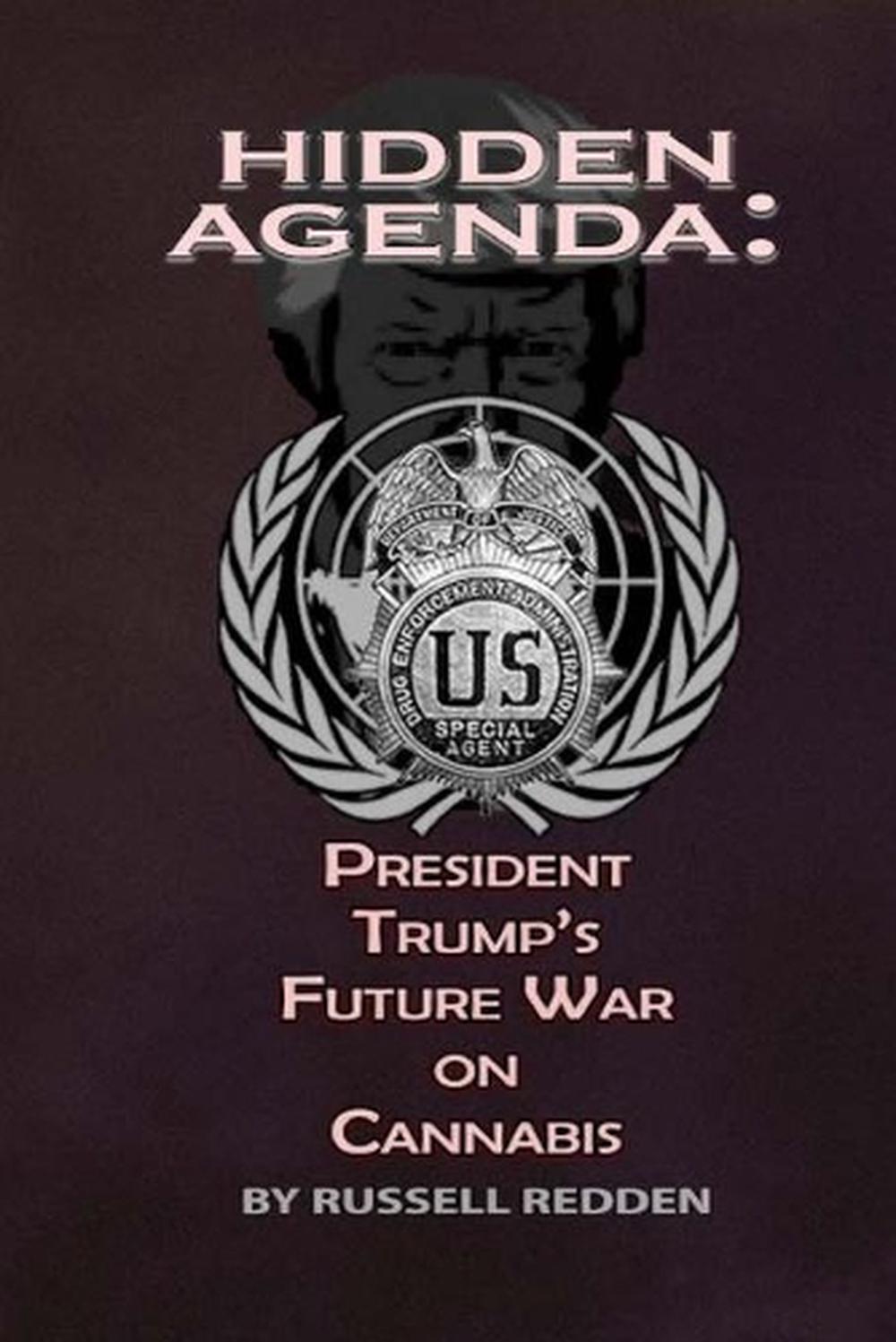

He later joined a four-year journalist trainee scheme with the Australian Consolidated Press.

Pilger and his brother attended Sydney Boys High School, where he began a student newspaper, The Messenger. Pilger is of German descent on his father's side, while his mother had English, German, and Irish ancestry two of his maternal great-great-grandparents were Irish convicts transported to Australia. His older brother, Graham (1932–2017), was a disabled rights activist who later advised the government of Gough Whitlam. John Richard Pilger was born on 9 October 1939 in Bondi, New South Wales, the son of Claude and Elsie Pilger.

His documentaries have gained awards in Britain and worldwide, including multiple BAFTA honors. Pilger won Britain's Journalist of the Year Award in 19. In the British print media, Pilger worked at the Daily Mirror from 1963 to 1986, and wrote a regular column for the New Statesman magazine from 1991 to 2014. His many documentary films on indigenous Australians include The Secret Country (1985) and Utopia (2013). Other works in this form include Year Zero (1979), about the aftermath of the Pol Pot regime in Cambodia, and Death of a Nation: The Timor Conspiracy (1993). His career as a documentary film maker began with The Quiet Mutiny (1970), made during one of his visits to Vietnam, and has continued with over 50 documentaries since. He first drew international attention for his reports on the Cambodian genocide. Pilger has also criticised his native country's treatment of Indigenous Australians. Pilger is a strong critic of American, Australian, and British foreign policy, which he considers to be driven by an imperialist and colonialist agenda. He has been mainly based in Britain since 1962. John Richard Pilger ( / ˈ p ɪ l dʒ ər / born 9 October 1939) is an Australian journalist, writer, and documentary filmmaker.

Journalist, writer, documentary filmmaker


 0 kommentar(er)
0 kommentar(er)
